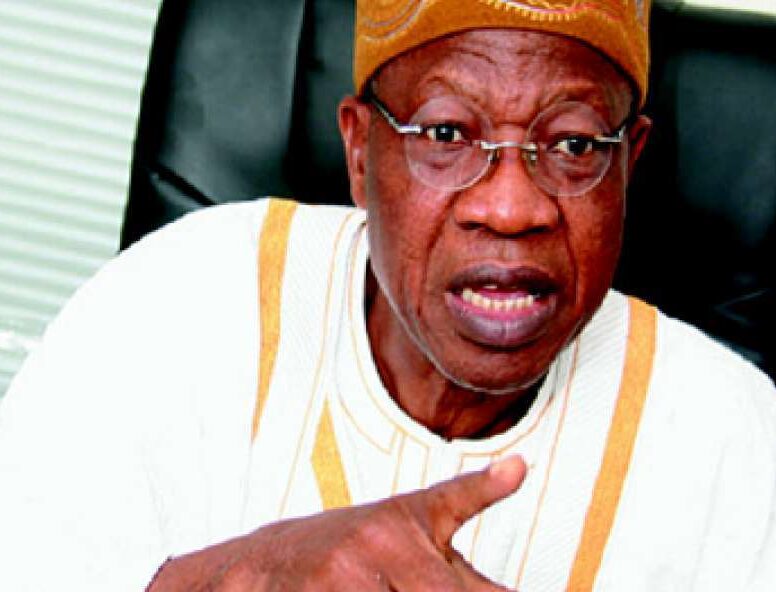If the Nobel Peace Prize were less political, more objective and based on direct efforts to achieve peace, Professor Ibrahim Agboola Gambari should have been an awardee long ago.
One of the lows in human history was the refusal to prevent or stop the 1994 Rwanda Genocide even when humanity was in a very good position to do so. There were international forces on ground, especially from France and Belgium. The greatest crime of all was that the world had a peacekeeping force in Rwanda called the United Nations Assistance Mission for Rwanda, UNAMIR. It was aware of the plans for the massacre and applied to the UN to be permitted to nip it in the bud. But permission was denied. When the genocide began, the UNAMIR sought permission to stop it, but the Security Council did not give the needed permission.
Gambari was one of the few courageous persons in the UN Security Council who insisted the world body must intervene. The refusal of the UN cost over 850,000 lives. In 2010, a grateful Rwanda awarded Gambari its National Honour of ‘Umurinzi’ for fighting to stop the genocide.
Gambari from the 1970s, with some intellectuals across the country’s tertiary institutions, mobilised Nigerian youths against Apartheid in South Africa. When Nelson Mandela travelled to the UN after his 27-year incarceration, it was Gambari as the Chairman of the UN Special Committee Against Apartheid (1990-1994) who received him on behalf of humanity. On October 26, 2011, a grateful South Africa conferred its highest national honour, the Companion of the Order of Oliver R. Thambo, on Gambari.
He was involved in the peace process that led to the separation of Sudan and South Sudan and the rise of the latter as an independent state.
One of the most brutal wars in Africa was fought in Darfur, Sudan. To bring that war to an end, the UN and the African Union jointly appointed Gambari as their Special Representative. He had the peacekeeping Africa Union-United Nations Hybrid Operation in Darfur, UNAMID, force of 19,248 personnel. Gambari’s mission in Darfur was to protect civilians, facilitate humanitarian aid and assist an inclusive political process that addressed the root causes of the crises.
Gambari became the “Mr Fix-it” of the UN as he was tasked to resolve tough issues around the world. He was sent to Europe as Special Envoy to untangle the Cyprus Conflict between the Greek Cypriot and Turkish Cypriot communities.
He was also sent to Asia because the UN had a strongly worded resolution telling the Stone Age military dictatorship in Myanmar to end its violation of fundamental human rights and, begin a democratic transition process. Gambari’s duty included going to that country, looking the stone-faced Generals in the eye and telling them the resolve of the world body.
In 2007, he was appointed the UN Special Adviser on the International Compact with Iraq and Other Political Issues. His duties included empowering that country’s political and constitutional processes to strengthen democracy and rule of law, tackling security challenges while respecting fundamental human rights and addressing the issues of refugees and the internally displaced persons.
He was also the UN’s Special Envoy to Zimbabwe and Head of the UN Mission to Angola from 2002-2003.
Gambari commenced his journey in the world of diplomacy when President Shehu Shagari appointed him the Director General of the Nigerian Institute of International Affairs, NIIA.
When that government was overthrown, he was appointed the Minister of Foreign Affairs under the Buhari regime. This was where, in combining his commitment to a better world and his intellectual prowess, he helped to formulate some outstanding foreign policies and actions that came to define Nigeria’s foreign policy on some contentious issues.
He reached the conclusion and, persuaded the government that the solution to the Middle East crisis was the two-state solution in which the Israelis and Palestinians would live in two separate states within secured, internationally recognised borders. Nigeria then moved to recognise a Palestinian State. The Palestinian Liberation Organisation, PLO, under Yasser Arafat, was granted diplomatic status and provided an embassy in Nigeria.
Tragically, the Nigeria position has until now, been resisted by powerful countries leading to continuous and avoidable bloodbath in the region. The latest round of that conflict which began on October 7, 2023, has taken the dimension of a genocide. In Gaza alone, 43,764 Palestinians, including 16,765 children, have been killed in the last thirteen months. In the same period, 784 Palestinians, including 167 children, were killed in the West Bank while 1,139 Israelis were killed. These are apart from the devastation and, the victims of the spill-over of the current conflict into Lebanon, Yemen and Syria.
Another far-sighted vision championed by Gambari is the need for the complete de-colonization of the African continent. In 1984, Nigeria took the bold move to tell the Kingdom of Morocco off by recognising the independence of Western Sahara under the uncontested leadership of the POLISARIO Movement. As it did with the PLO, Nigeria invited the POLISARIO to open its embassy in the country with full diplomatic powers and privileges. Unfortunately, Western powers resisted these moves, and today, 40 years later, Africa is still saddled with the colonial question and an avoidable bloodshed in the continent.
A point to be made on his tenure as Foreign Minister, 1984-85. The Buhari regime decided to abduct a fugitive, Umaru Dikko from Britain. British security services found Dikko in a crate ready to be flown to Nigeria. The crate was addressed to Foreign Minister, Prof Ibrahim Gambari.
He later served as Nigeria’s Permanent Representative to the UN under four other Heads of State: Generals Ibrahim Babangida and Sani Abacha, Chief Ernest Shonekan and General Abdulsalam Abubakar.
Interestingly, although Gambari became one of the best known diplomats in contemporary times, he was an ‘accidental diplomat’. His profession is academics in which he is also a colossus and, author of a number of books including on the UN, Africa, Nigeria, Regional Integration and the Theory and Reality in Foreign Policy Making.
He continues to make waves. In August 2024 , he was Chair of the International Conference to Eradicate Colonialism in the World. The following month, he was at the UN General Assembly where at ‘The Summit of the Future’ he said the Security Council must be reformed to “reflect today’s geopolitical realities and the multi-lateral principle of inclusive and collective action…”
This Sunday, November 24, 2024, Professor Ibrahim Gambari turns 80. I am sure he is only waiting for the drums of celebration to be played before catching the next flight because he is not slowing down. Wishing him more years of good health and service to humanity.
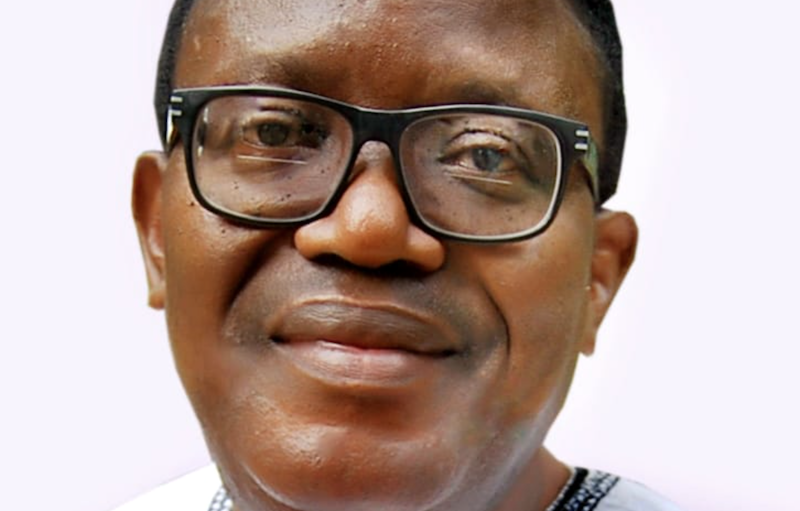

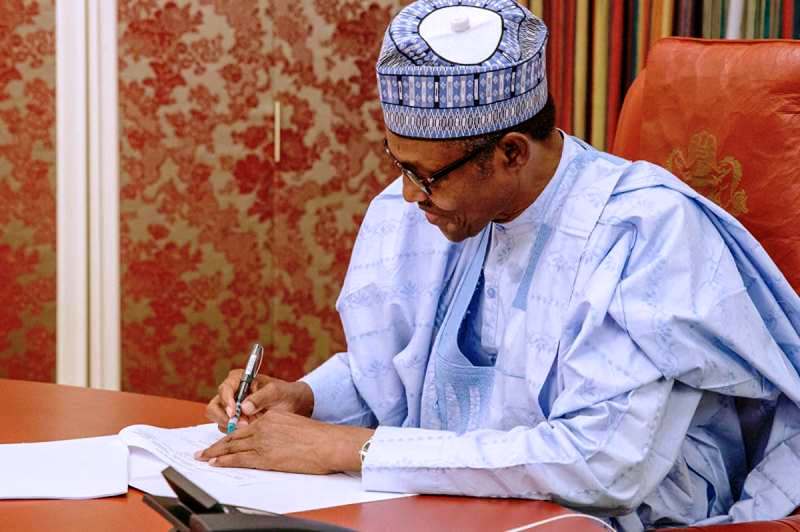

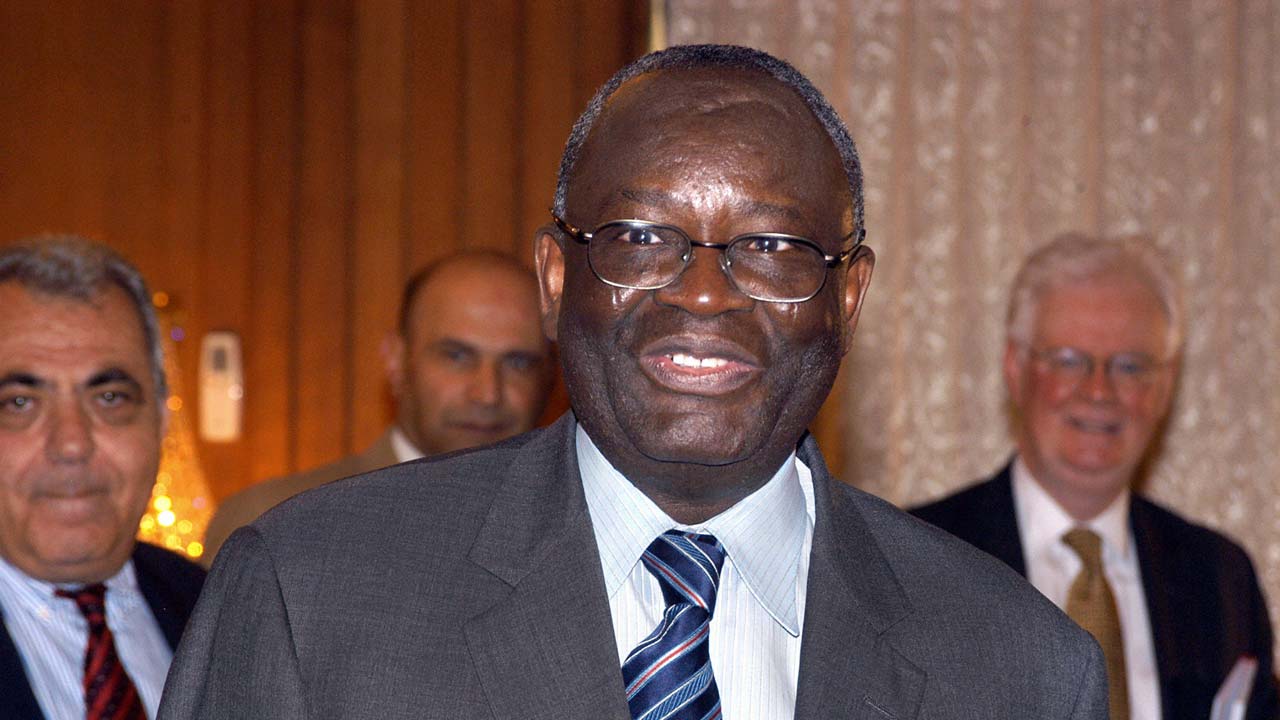
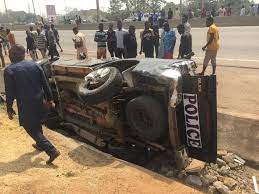
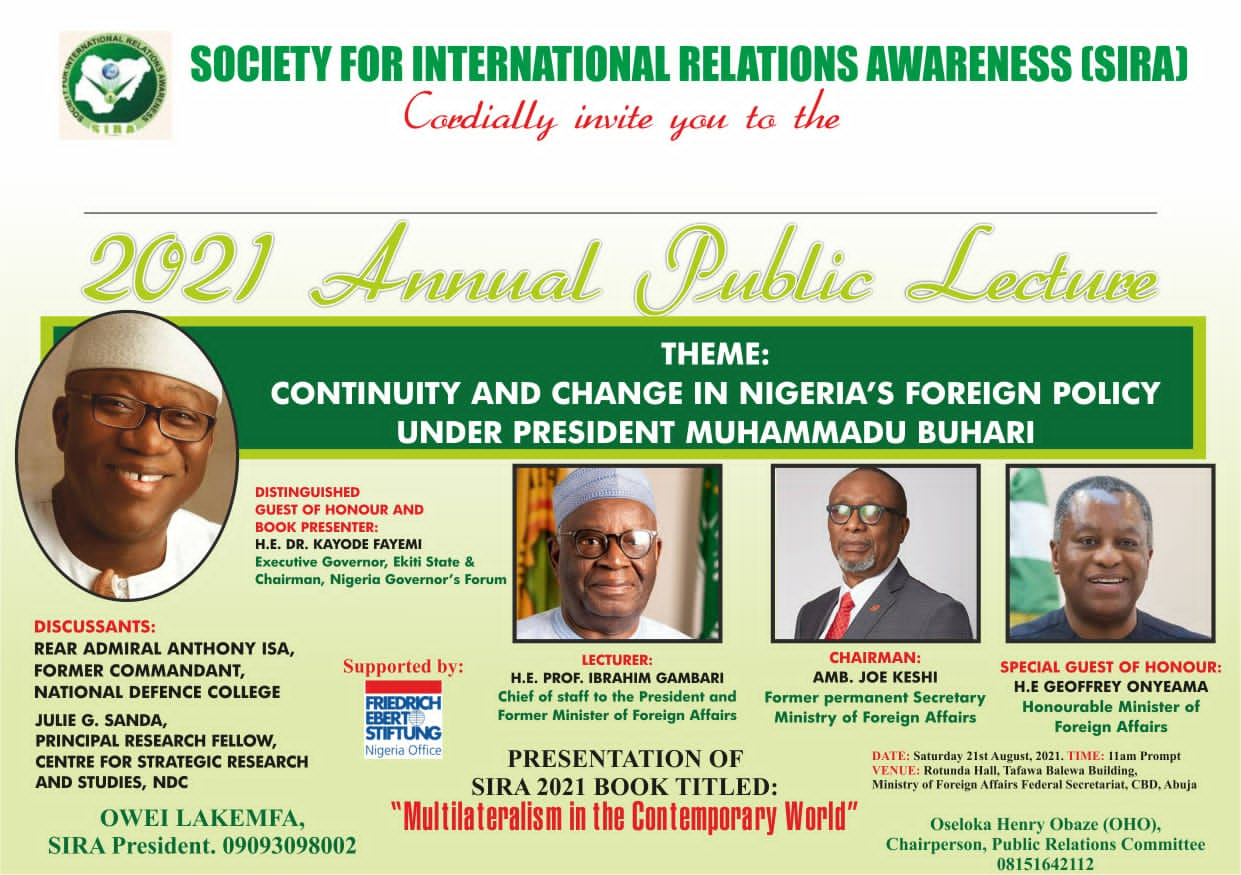
![CCTV footage of how burglars entered Buhari’s CoS’s Aso Rock home released [WATCH]](https://thenewsguru.ng/wp-content/uploads/2021/05/FB_IMG_1620734660823.jpg)
